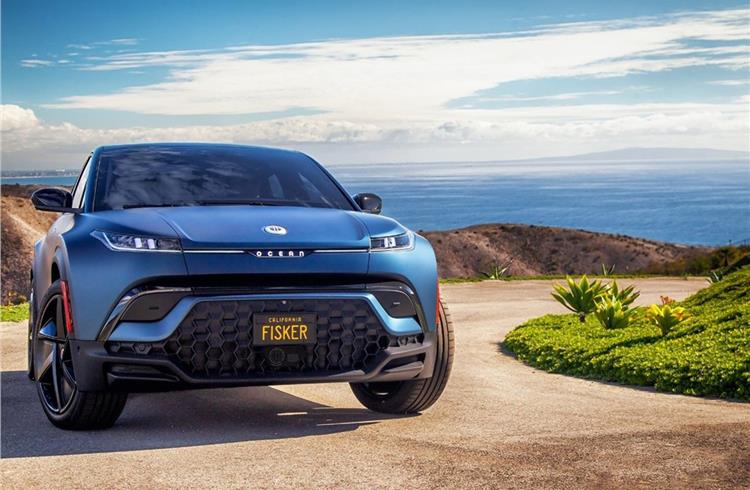Electric vehicle startup Fisker is reportedly considering a potential bankruptcy filing, as per sources familiar with the matter. The move comes amidst financial turbulence and challenges in securing strategic partnerships.
Seeking restructuring assistance
According to multiple media reports, Fisker has enlisted the services of restructuring advisers, including financial adviser FTI Consulting and law firm Davis Polk, to explore options regarding a possible bankruptcy filing. While the company has not officially commented on the matter, these developments suggest significant financial strain.
Financial uncertainty and operational challenges
Fisker’s decision to consider bankruptcy follows recent disclosures of going-concern risks and operational adjustments. The company announced job cuts and halted investments in future projects until it finalises a partnership with a manufacturer. These actions indicate the magnitude of financial challenges the company is facing.
Partnership prospects with Nissan
Earlier reports revealed that Nissan was in advanced discussions to invest in Fisker. The potential deal could offer Nissan access to Fisker’s electric pickup truck, providing opportunities for collaboration and expansion in the electric vehicle market. However, the outcome of these negotiations remains uncertain amidst Fisker’s financial woes.
Impact on electric vehicle industry
Fisker’s potential bankruptcy filing reflects the broader challenges facing the electric vehicle industry. While the sector has witnessed significant growth and innovation, emerging startups like Fisker often grapple with financial constraints and intense competition. Such developments underscore the complexities of establishing a foothold in the rapidly evolving electric vehicle market.
Strategic considerations
The decision to engage restructuring advisers suggests that Fisker is exploring all available options to address its financial predicament. Bankruptcy proceedings, if pursued, could offer the company an opportunity to reorganise its operations, renegotiate debts, and potentially secure new investment or partnership opportunities. However, the outcome remains uncertain, and Fisker’s future hinges on its ability to navigate these challenges effectively.
Fisker’s contemplation of bankruptcy filing underscores the financial pressures and operational hurdles facing the company. As the electric vehicle industry continues to evolve, startups like Fisker must navigate a competitive landscape while addressing financial sustainability. The outcome of Fisker’s restructuring efforts will not only impact its own future but also serve as a reflection of the broader dynamics shaping the electric vehicle market.



